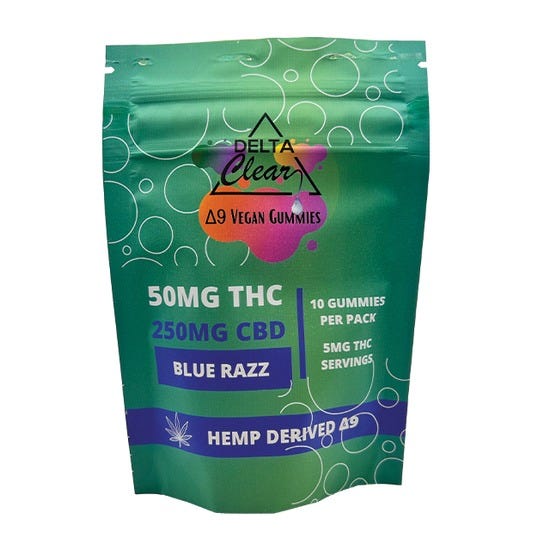Understanding the difference between THC and CBD

THC vs. CBD: What’s the Difference?
When it comes to cannabis, two of the most well-known compounds are THC and CBD. Both are found in the plant, but they have different effects on the body and mind. In this article, we’ll explore the differences between THC and CBD and what you need to know about each.
What is THC?
THC, or tetrahydrocannabinol, is the compound in cannabis that is responsible for the plant’s psychoactive effects. When THC enters the body, it binds to receptors in the brain and produces a high or a feeling of euphoria. THC is the reason why cannabis is often used recreationally and why it’s classified as a Schedule I drug by the U.S. federal government.
What is CBD?
CBD, or cannabidiol, is another compound found in cannabis, but it doesn’t produce the same psychoactive effects as THC. Instead, CBD interacts with receptors in the body’s endocannabinoid system, which helps regulate functions such as sleep, appetite, and immune response. CBD is often used for its potential therapeutic benefits, such as reducing anxiety, alleviating pain, and improving sleep.
The Differences in Effects
The main difference between THC and CBD is the effect they have on the body and mind. THC produces a high, or euphoria, while CBD does not. THC can also cause short-term memory impairment, impaired coordination, and an increased heart rate, while CBD doesn’t have these effects.
Legal Status
Another significant difference between THC and CBD is their legal status. THC is still considered a Schedule I drug by the U.S. federal government, meaning it’s illegal at the federal level. However, many states have legalized THC for medical and/or recreational use. In contrast, CBD is legal in all 50 states as long as it’s derived from hemp plants with less than 0.3% THC.
Medical Benefits
Both THC and CBD have potential medical benefits, but they work in different ways. THC is often used for pain relief, nausea, and appetite stimulation, while CBD is often used for reducing anxiety, improving sleep, and relieving inflammation. However, more research is needed to fully understand the therapeutic effects of both compounds.
Side Effects
Both THC and CBD can have side effects, although they differ in nature. THC can cause short-term memory impairment, impaired coordination, and increased heart rate, while CBD can cause dry mouth, dizziness, and drowsiness. However, these side effects are typically mild and short-lived.
Choosing the right product
If you’re interested in using cannabis products, it’s important to choose the right product for your needs. If you’re looking for a psychoactive experience or pain relief, products with higher levels of THC may be more appropriate. If you’re looking for potential therapeutic benefits without the high, products with higher levels of CBD may be a better choice.
It’s also important to choose products from reputable sources and to start with a low dose to see how your body reacts.
Conclusion
In conclusion, THC and CBD are two different compounds found in cannabis with different effects on the body and mind. THC produces a high or euphoria and is still illegal at the federal level, while CBD doesn’t produce a high and is legal in all 50 states. Both compounds have potential therapeutic benefits, but more research is needed to fully understand their effects. When using cannabis products, it’s important to choose the right product for your needs and to start with a low dose.
Comments
Post a Comment